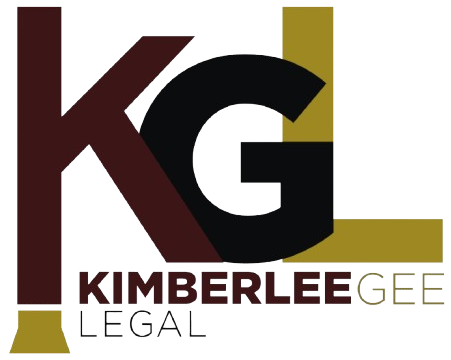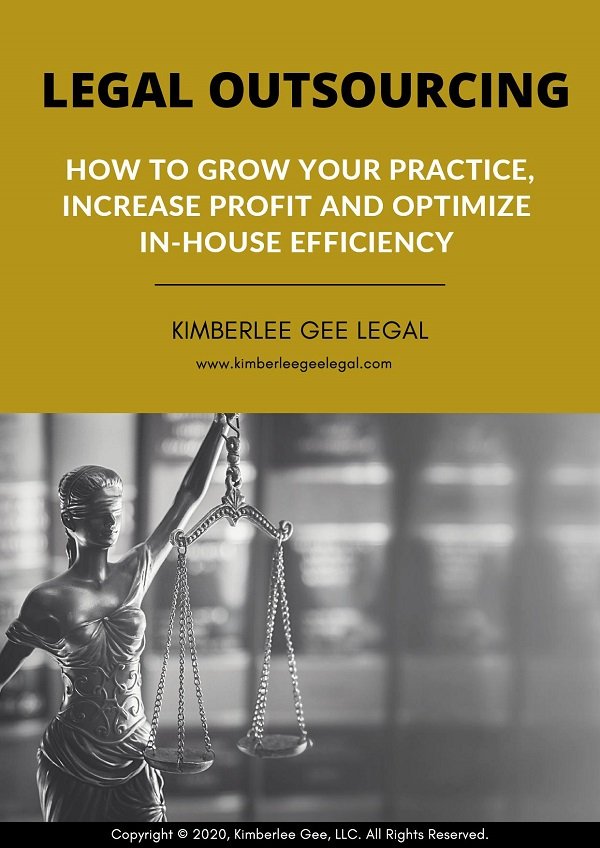Employers typically endorse the use of social media in the workplace for professional or job-related use because it can encourage communication, collaborative exchange of ideas, and employee engagement with co-workers and supervisors. Employee use of social media can also expose employers to certain liabilities, however. For instance, employers can be held liable for defamation or libel claims should an employee post false statements or rumors about a competitor or co-worker on social media done, and those statements or rumors are posted on social media within the course and scope of employment.
In order to avoid any unintended liability, most employers have workplace rules, policies or handbooks that specifically address social media use by employees while at work. In fact, more than half (51%) of all full-time and part-time workers state their workplace has rules about using social media while at work, while 32% report that their employer has policies about how employees may present themselves on the internet in general.
In 2010, the National Labor Relations Board began receiving unfair labor practice charges related to employer social media policies and to specific instances of discipline for Facebook postings. Following investigation of these charges, the NLRB found reasonable cause to believe that some of these employer policies and disciplinary actions violated the National Labor Relations Act (“NLRA”), and the NLRB Office of General Counsel began issuing complaints against employers alleging unlawful conduct. In several instances where company policies or rules were found to have violated Section 7 of the NLRA, the Board found that those policies prohibited protected concerted activity. For instance, those policies that prohibited employees from criticizing employers or engaging in disrespectful, negative, rude or even somewhat inappropriate language towards an employer or management, absent sufficient clarification or context, were found overbroad and unlawful because they violated Section 7 of the NLRA. See, e.g., Casino San Pablo, 361 NLRB No. 148, slip op. at 3 (2014).
The NLRB has made it clear that employees have wide latitude to discuss their working conditions and the terms of their employment on social media sites, irrespective of how critical, or even derogatory such postings are of their employer. If an employee’s social media posts are related to the terms and conditions of his or her employment, the NLRB will typically consider such posts “concerted activity” under Section 7. This does not include personal gripes or grievances. If the employer disciplines an employee for such posts, the employer is violation of the NLRA. Even if the statements made by the employee are false, it does not mean that the disciple is automatically deemed lawful. Under Board precedent, false statements are protected unless they are maliciously false, i.e. the employee knew the statements were false and posted them online nonetheless. Chipotle Services LLC d/b/a Chipotle Mexican Grill, 364 NLRB No. 72 (Aug. 18, 2016). If the post has no connection to any of the employees’ terms and conditions of employment, than an adverse employment action related to the post may not be deemed unlawful.
In addition to the NLRB, many states are also passing laws pertaining to social media use in the work place. According to Bloomberg BNA, Maryland, Illinois, California, Michigan, Utah, New Mexico, Arkansas, Colorado, Washington, Oregon, and Nevada have all passed bills that prohibit an employer from requesting or requiring that an employee or applicant provide their user name, password, or other means for accessing a personal social media account, and prohibit retaliation against an employee or applicant for refusing to provide such information. Some states have carved out exceptions, however, for legitimate needs, such as workplace investigations.
When drafting social media policies for their employees, employers should consider consulting with counsel to ensure their policies are aligned with both state and federal laws; incorporate the policy into a workplace handbook and require that all employees sign an acknowledgment form once they have received the policy.
Sources:
- https://www.littler.com/publication-press/publication/nlrb-ruling-social-media-case-provides-useful-guidance-employers
- https://www.bna.com/creating-an-effective-workplace-social-media-policy/
- Sean J. Kirby, Eric Raphan, The NLRB’s Continued Regulation of Soc. Media in the Workplace, 18 J. Internet L. 1, 13-15 (2014).
- http://www.pewinternet.org/2016/06/22/social-media-and-the-workplace/



